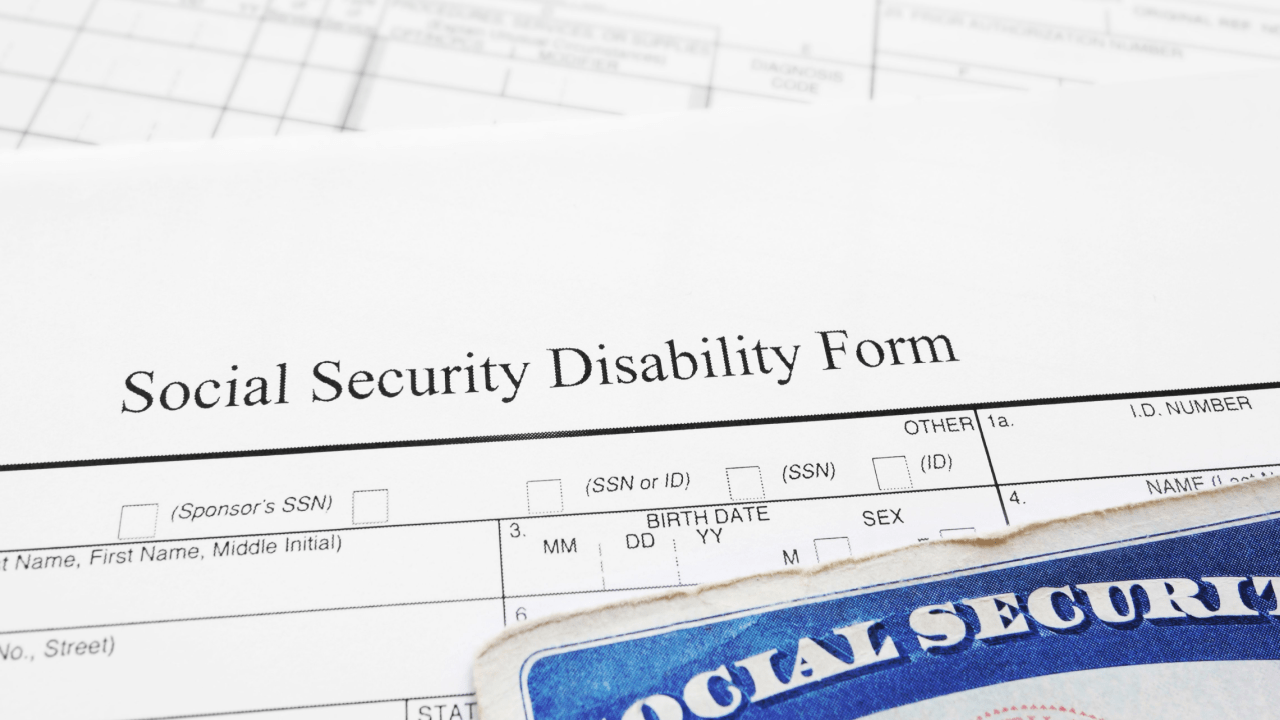
Is SSD Considered a Disability? Legal Classification Guide
Direct Classification: Is SSD Considered a Disability?
Is SSD considered a disability? Yes, receiving Social Security Disability (SSD) benefits legally establishes that you have a qualifying disability under federal law. The Social Security Administration’s approval of your SSD claim serves as official recognition that your medical condition meets their strict disability criteria and substantially limits your ability to work.
SSD approval carries significant legal weight beyond monthly benefit payments. This disability classification provides important protections under various federal laws and serves as documentation for other disability-related programs and accommodations.
Legal Framework: How SSD Establishes Disability Status
The Social Security Administration uses a rigorous five-step evaluation process to determine disability eligibility. Is SSD considered a disability legally? Absolutely, because federal law defines disability as the inability to engage in substantial gainful activity due to medically determinable physical or mental impairments lasting 12+ months or resulting in death.
SSD approval means you’ve met this federal disability definition through extensive medical documentation and vocational assessment. The SSA’s decision represents official government recognition that your condition significantly impairs your capacity for work and daily activities.
SSD Disability Evaluation Steps
- Current Work Activity: Verifying you’re not performing substantial gainful activity
- Severity Assessment: Confirming your condition significantly limits basic work activities
- Listings Comparison: Checking if your condition matches specific disability criteria
- Past Work Evaluation: Determining if you can perform previous employment
- Other Work Assessment: Evaluating ability to perform any work in the national economy
Federal Protections: Benefits of SSD Disability Recognition
SSD approval qualifies you for protections under multiple federal disability laws. Is SSD considered a disability for Americans with Disabilities Act (ADA) purposes? Yes, courts generally recognize SSD recipients as having qualifying disabilities under the ADA, providing workplace accommodation rights and discrimination protections.
The Family and Medical Leave Act (FMLA) also recognizes SSD recipients as having serious health conditions qualifying for job-protected leave. Additionally, many state disability programs and housing assistance programs accept SSD approval as proof of disability status without requiring separate evaluations.
Key Federal Protections for SSD Recipients
- Americans with Disabilities Act workplace accommodations
- Fair Housing Act disability-based housing protections
- Family and Medical Leave Act coverage for serious health conditions
- Equal access to public programs and services
- Protection from disability-based discrimination
Practical Applications: Using SSD Disability Status
SSD disability classification opens doors to numerous programs and services beyond monthly benefits. Is SSD considered a disability for parking permits and transit discounts? Many states accept SSD approval as qualifying documentation for disabled parking placards and reduced-fare public transportation programs.
Educational institutions often recognize SSD status for disability support services and accommodations. Healthcare programs, utility assistance, and housing voucher programs frequently accept SSD approval as disability verification, streamlining application processes for additional support services.
Common SSD Disability Applications
- Disabled parking permit eligibility
- Public transportation discounts
- Educational disability accommodations
- Housing assistance priority placement
- Utility bill assistance programs
Employment Considerations: SSD and Workplace Rights
SSD recipients maintain important workplace rights under disability law. Is SSD considered a disability that requires employer accommodations? Yes, if you return to work while receiving SSD, employers must provide reasonable accommodations under the ADA unless doing so creates undue hardship.
SSD work incentive programs allow recipients to test their ability to work while maintaining benefit protections. The Ticket to Work program and Trial Work Period provide safety nets for SSD recipients attempting to return to employment, recognizing that disability status may fluctuate over time.
SSD Employment Protections
- Reasonable workplace accommodations
- Trial Work Period benefit continuation
- Expedited Reinstatement if work attempts fail
- Protection from disability-based employment discrimination
- Access to vocational rehabilitation services
Legal Standing: SSD as Disability Evidence
Courts and administrative agencies widely accept SSD approval as credible evidence of disability status. Is SSD considered a disability in legal proceedings? Yes, SSD approval carries significant evidentiary weight in disability-related legal matters, though it doesn’t automatically guarantee outcomes in other disability determinations.
Insurance companies, workers’ compensation systems, and other benefit programs often give substantial weight to SSD determinations when evaluating disability claims. However, each program maintains its own disability criteria, so SSD approval doesn’t guarantee approval for other disability benefits.
Final Recognition: SSD’s Disability Classification Impact
Is SSD considered a disability extends far beyond monthly benefit payments to encompass comprehensive legal recognition and protection under federal disability laws. SSD approval serves as official documentation that your condition meets strict federal disability standards and qualifies you for numerous rights and protections.
Understanding SSD’s legal disability status helps you access additional programs and protections while advocating for your rights in various situations. This classification provides important safeguards and opportunities that extend throughout your disability experience.
Secure Protection Now: Maximize Your SSD Disability Rights
Don’t miss out on the full range of protections and benefits that come with SSD disability recognition. Visit social security disability to connect with experienced attorneys who can help you understand and exercise all rights associated with your SSD disability status. Protect your interests and access every benefit you deserve today.
Frequently Asked Questions
1. Is SSD considered a disability for ADA purposes?
Yes, courts generally recognize SSD recipients as having qualifying disabilities under the Americans with Disabilities Act, providing workplace accommodation rights and discrimination protections.
2. Can I use SSD approval to get a disabled parking permit?
Most states accept SSD approval as qualifying documentation for disabled parking placards, though some may require additional medical certification from your doctor.
3. Is SSD considered a disability that affects my ability to work?
Yes, SSD approval means you cannot perform substantial gainful activity, but work incentive programs allow you to test your work ability while maintaining protections.
4. Does SSD approval guarantee approval for other disability programs?
No, while SSD approval carries significant weight, each disability program has its own criteria and evaluation process for determining eligibility.
5. Is SSD considered a disability permanently or can it change?
SSD disability status continues as long as your condition meets disability criteria, but the SSA conducts periodic reviews to assess whether your condition has improved.
Key Takeaways
- SSD approval legally establishes that you have a qualifying disability under federal Social Security law and regulations
- SSD recipients gain protections under major federal disability laws including the ADA and Fair Housing Act
- Many state and local programs accept SSD approval as proof of disability status for various benefits and accommodations
- SSD disability classification provides workplace accommodation rights and protection from disability-based discrimination
- Courts and agencies widely recognize SSD approval as credible evidence of disability status in legal proceedings


